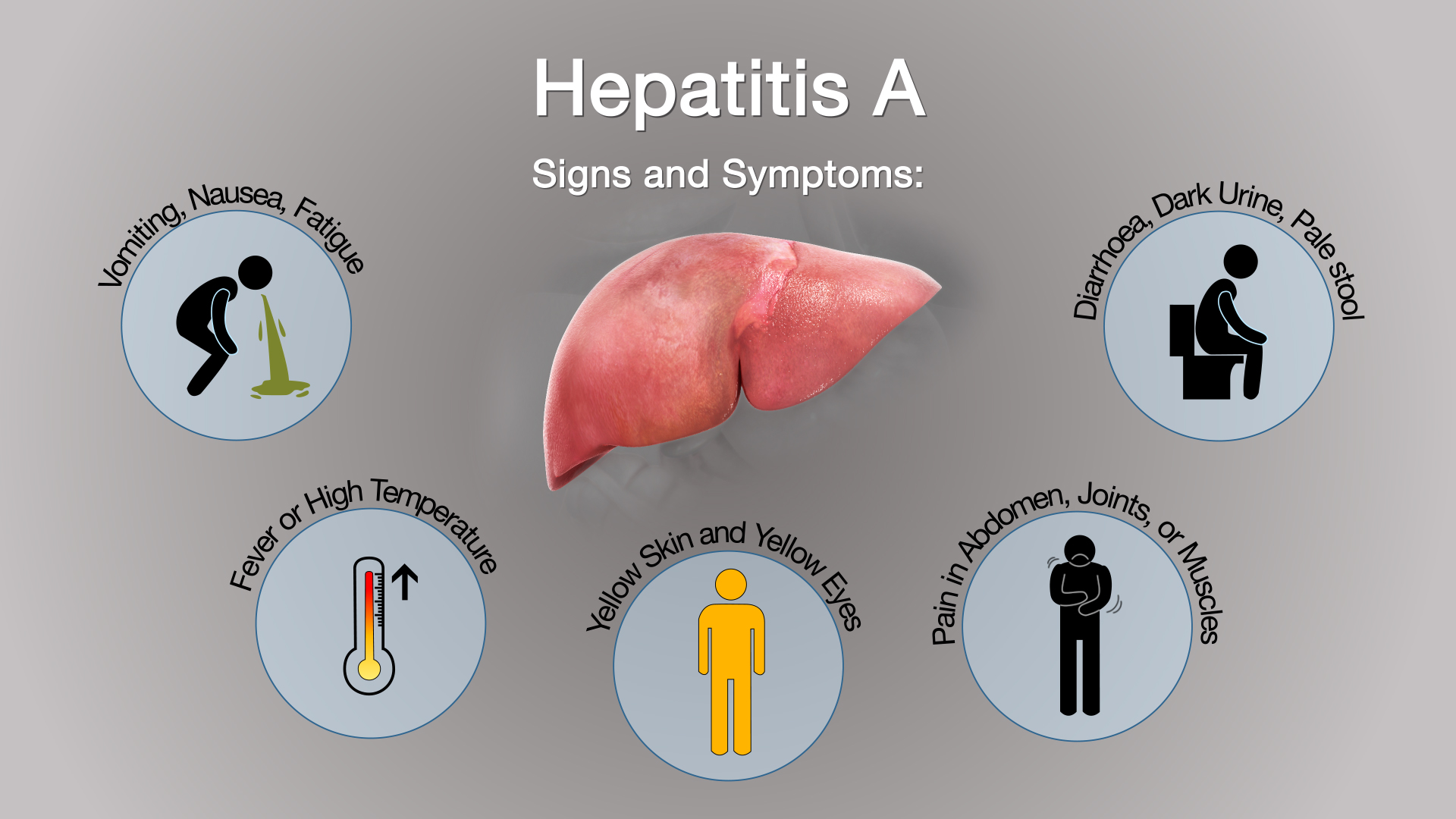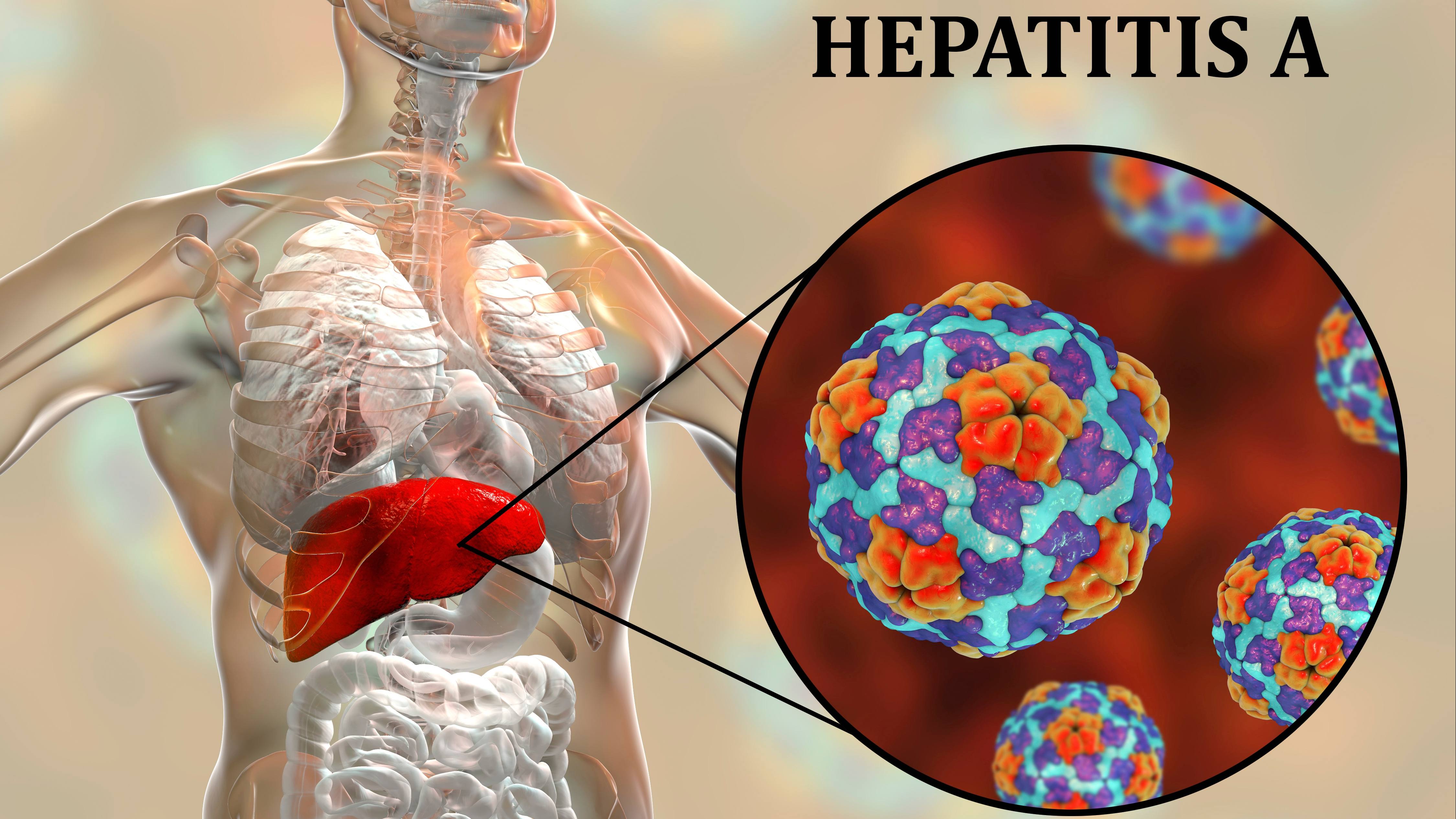Liver
Hepatitis A
Hepatitis A is a viral infection that primarily affects the liver. It is usually transmitted through the consumption of contaminated food or water, or through close contact with an infected person. The virus can cause a range of symptoms, including fatigue, nausea, abdominal pain, and jaundice. While most people recover from Hepatitis A without any long-term complications, some individuals may develop severe symptoms or complications, such as liver failure. Fortunately, there is an effective vaccine available to prevent Hepatitis A, and practicing good hygiene and sanitation can also help reduce the risk of infection.
Transmission and Risk Factors
Transmission and Risk Factors for Hepatitis, specifically Hepatitis A, include several routes of transmission. The virus is commonly spread through the consumption of contaminated food or water, as well as through close contact with an infected person. Risk factors for transmission include living in or traveling to areas with poor sanitation, having sexual contact with an infected individual, or injecting drugs. Hepatitis A is highly contagious and can easily spread in settings such as daycare centers, schools, or healthcare facilities. It is important to practice good hygiene, such as washing hands thoroughly and avoiding the sharing of personal items, to reduce the risk of transmission. Vaccination is also available and recommended for individuals at higher risk of exposure. Overall, understanding the transmission and risk factors for Hepatitis A is crucial in preventing its spread and protecting public health.
Symptoms and Complications

Symptoms of hepatitis can vary depending on the type of infection, but some common signs include fatigue, nausea, loss of appetite, and jaundice. In some cases, individuals may also experience abdominal pain, dark urine, and pale-colored stools. Complications can arise from hepatitis infections, particularly if the condition progresses to chronic hepatitis. These complications can range from liver damage and cirrhosis to liver cancer. It is important to seek medical attention if you experience any symptoms of hepatitis, as early detection and treatment can help prevent further complications.
Prevention and Vaccination
Prevention and vaccination are key in minimizing the spread of hepatitis. Hepatitis A can be prevented through good hygiene practices, such as handwashing and using clean water. Additionally, a safe and effective vaccine is available for hepatitis A. In the case of hepatitis B, vaccination is highly recommended, especially for high-risk groups such as healthcare workers and people with multiple sex partners. The hepatitis B vaccine consists of a series of shots that provide long-term protection. Hepatitis C does not currently have a vaccine, so prevention measures focus on avoiding contact with infected blood, such as through needle sharing or unprotected sex. Education and awareness programs can play a crucial role in preventing hepatitis C transmission. Overall, vaccination and preventive measures are essential in reducing the transmission and impact of hepatitis.

